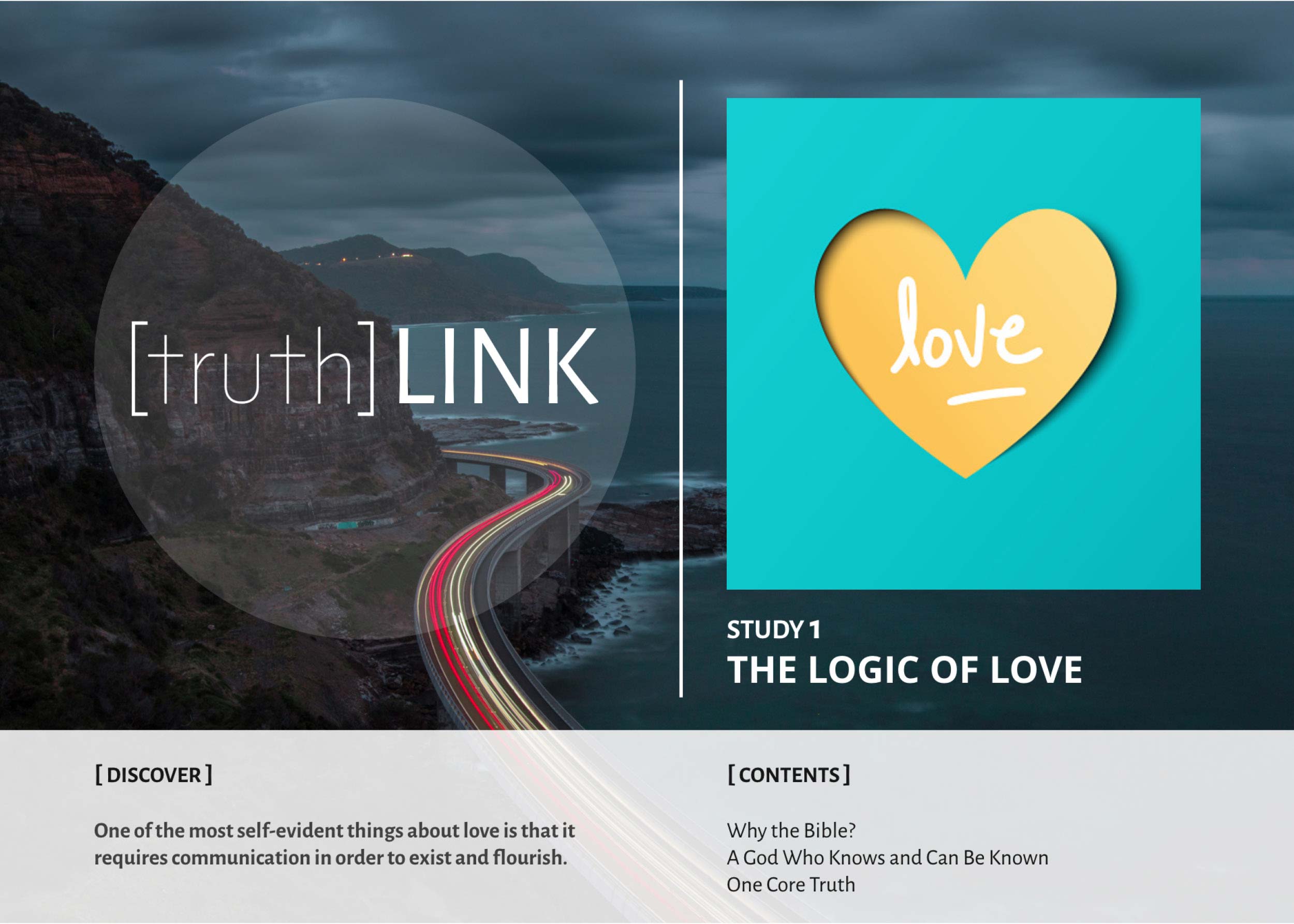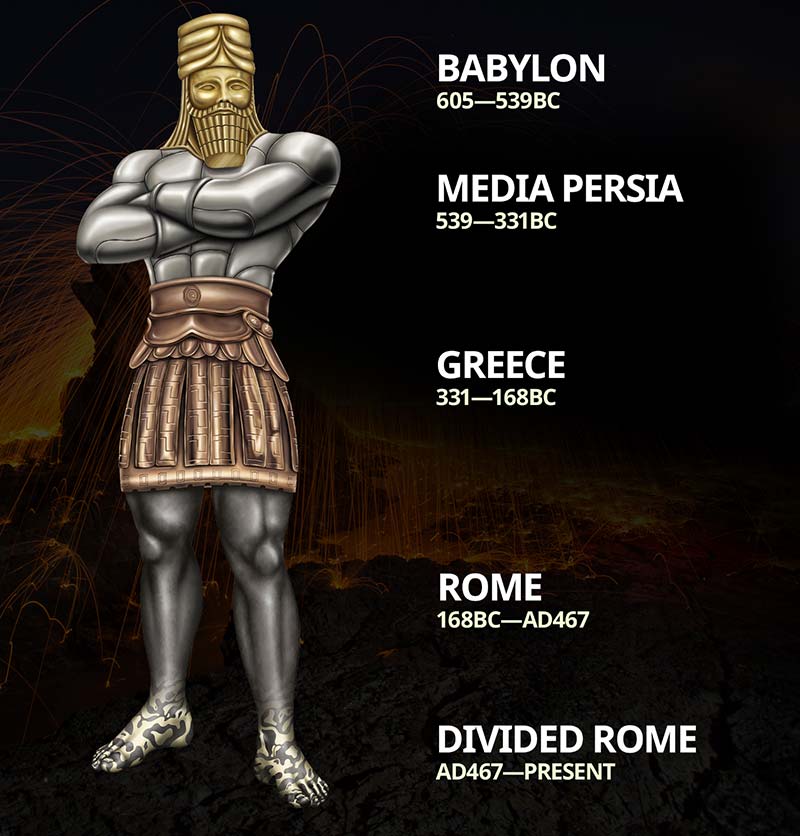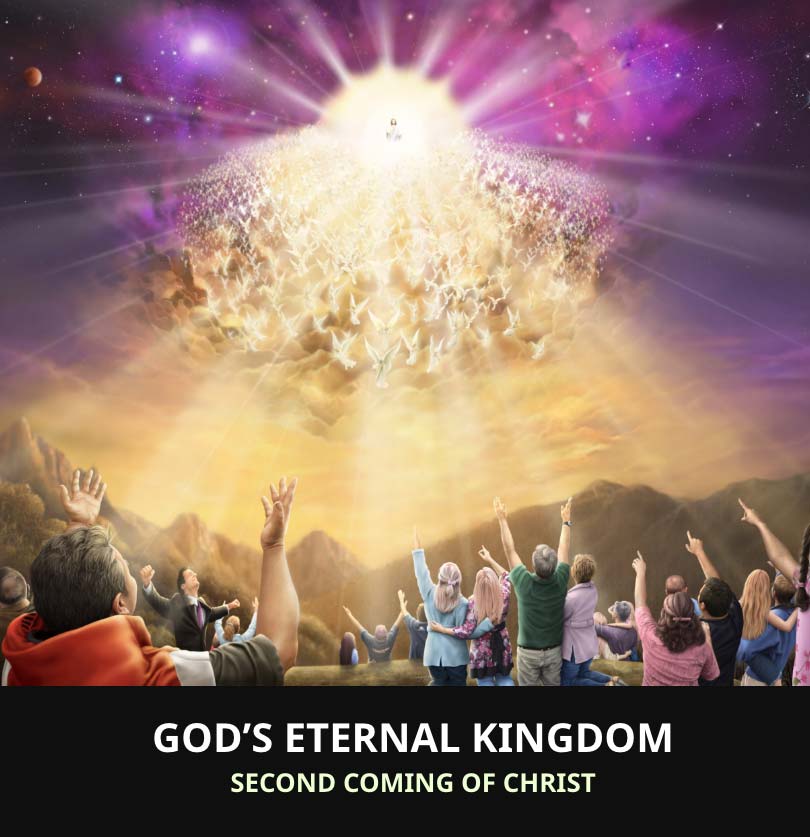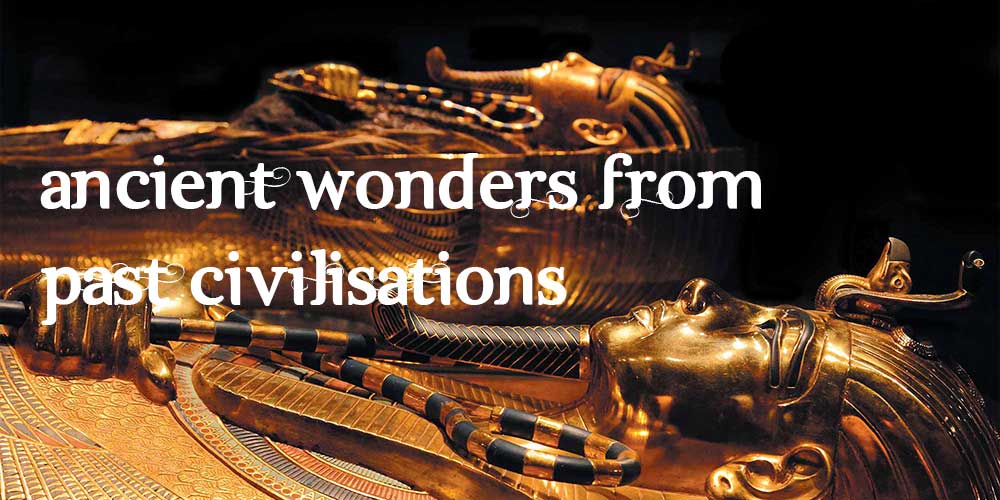
Why The Bible?
To love and be loved is the most persistent and urgent of all our desires. We all know, intuitively, without anybody ever telling us, that we are made for faithful relationships. Our hearts are fueled by hungry yearnings for connection, for interpersonal engagement, for a sense of belonging. According to the Bible, there is a simple and profound reason for this. Compare Genesis 1:27 and 1 John 4:16 to discover why.
As creatures of the divine “image,” we are engineered for giving and receiving “_________.”
It logically follows that a God of self-giving love, who would create others in His image, would be a communicator by nature since communication is intrinsic to the healthy operations of love. We would expect that a God of love would naturally want to be known by those He has made. And this is precisely what we find the case to be. Jesus Christ, who claimed to be God in the flesh, got to the heart of this matter:

Here we encounter the most incredible thing imaginable: the most powerful Person in the universe—none other than God—doesn’t want to dominate us by His power, but rather He desires to befriend us by means of communication. And this explains why God has given us a book composed of words:
“All _____________ is given by _____________ of God” (2 Timothy 3:16).
The Bible—here called “Scripture”—makes the bold claim that it is God’s communication device. But remember what Jesus said: friendship is the goal of His communication to us. The Bible is not intended to exert coercive authority over our rational process and demand blind compliance. The Bible claims, rather, to be the medium through which God discloses His love and opens the way for us to know Him. Regarding human words Jesus said, “Out of the abundance of the heart his mouth speaks” (Luke 6:45). Likewise, if the Bible is God’s word, then we can expect to find in it an unfolding of God’s heart. But how can we be confident that the Bible is what it claims to be?
A God Who Knows and Can Be Known
There once lived a king who was completely self-absorbed. Intoxicated with his power, all he could think about was how great he was. One day God tapped him on the shoulder by giving him a prophetic dream that revealed—get this—more than 2,500 years of world history in advance, and in the process the proud king was humbled and transformed. The story is recorded for us in Daniel 2-4.
In his dream, the king saw a metal-man image with a head of gold, chest and arms of silver, belly and thighs of brass, legs of iron, feet of iron and clay, and a stone that struck the image at the feet, ground it to powder and became a great mountain. The prophet Daniel, a captive in Babylon, interpreted the dream for the Babylonian king.
Read and discuss the interpretation of the dream in Daniel 2:36-45.
Written some 600 years before the time of Christ, the prophecy received by King Nebuchadnezzar foretold the rise and fall of four successive empires and the formation of modern Europe, providing convincing proof that the Bible is of supernatural origin—that it is, in fact, inspired by God. It is a matter of historical fact that exactly what the dream foretold came to pass: Babylon was succeeded by Media Persia, which was succeeded by Greece, which was succeeded by Rome, which divided into the ten main kingdoms of Western Europe. The accurate fulfillment of the first five parts of the vision gives us the assurance that the final prediction will come to pass as well: “the God of heaven will set up a kingdom which shall never be destroyed” (Verse 44).


This astounding prophecy brings us face to face with a God who knows the future, which can only mean that we are face to face with a God who knows us as well. He knows everything we’ve ever done and will do, every dark stain of guilt upon our conscience, every one of our weaknesses and failures. And yet, knowing everything about us, He still loves us and longs to be our friend. Not merely a warm, fuzzy friend who will affirm us in our destructive course, but a true friend who will prove Himself dangerous to our selfishness. It was just such an encounter with God that radically transformed Nebuchadnezzar’s heart:

Now God and the king were friends. Bible prophecy invites each of us, as well, into friendship with God by giving us a rational basis for trusting Him. Jesus explained the relational purpose of prophecy like this:
“Now I have told you _________ it comes to pass, that, when it is come to pass, ye might ____________” . (John14:29)
The whole point of Bible prophecy is to give us a solid foundation for faith in God. Through it He whispers to us, You can believe in Me! But not only does God know each of us, He also wants us to know Him. Addressing God the Father, Jesus said, “This is eternal life, that they may know You” (John 17:3). In the Greek this word is ginōskō, and refers to the intimate kind of knowing we experience in a relationship, not merely to factual knowledge. Later in this prayer Jesus enlarged the idea by asking the Father for something truly amazing: “that the love with which You loved Me may be in them, and I in them” (John 17:26). Eternal life—or salvation—is not merely an endless duration of life, but also a specific quality of life that is defined by knowing God as an intimate friend. God wants to be known, and can be known. And He has provided for us to know Him through the truths disclosed in Scripture.
One Core Truth
As we study Scripture we need a direction, an orientation on the biblical landscape. In this series of Truth Link Study Guides we will discover over and over again that the core truth of all truths is the paramount reality that “God is love” (1 John 4:16). God’s love is the one truth that defines every other truth. Truth is not merely a list of factual topics, but rather a composite whole that paints a picture of who God is in character. In other words, since the core reality of God’s character is love, it follows that all truth is simply and profoundly an extension of it. We can expect, then, that every true doctrine reveals some dimension of God’s love, and we can be certain that any teaching that contradicts God’s love is, by definition, false. This will be our working criterion in the Truth Link Study Guides. With the “God-is-love” premise before us, we have the base equation for working out all truth. Our compass is now set to true north. We know where we’re going and what we’re looking for as we make our journey through Scripture.
[CONNECT]
Truth is not merely a list of abstract ideas or a collection of factual data. Rather, truth is an embodied reality, the sum total of which is to be found in the revelation of God in the person of Jesus Christ.
The entire Bible, from Genesis to Revelation, is a disclosure of God’s character. It reveals who God is at heart—how God thinks, feels, and behaves. Every story, prophecy, and doctrine of Scripture invites us into a personal relationship with God upon the inviting premise that God is worth knowing, that God is attractive, that “God is love.”
Each morning you wake up and pursue life. Sure, you go after things like education and career, material comforts and adventurous experiences. But deep down you know you were made for something more—something incredible and amazing and extraordinary. That something more is connection with your Maker. Getting to know Him is the most meaningful thing you can pursue and doing so makes everything else fall into place.
[EXPERIENCE]
I want to hear God’s voice speaking to me, in my heart, through the pages of the Bible.
God is a fundamentally relational being. As such, He has things to say in order to communicate His thoughts and feeling to us. King David expressed well what we can expect as we explore the truths of Scripture: “I rejoice at Your word as one who finds great treasure” (Psalm 119:162). God’s word is of extreme value. The kind of treasure we discover in God’s word is the infinitely valuable experience of knowing God for ourselves and discovering the personal reality of His beautiful love.
Phone 1300 300 389

































